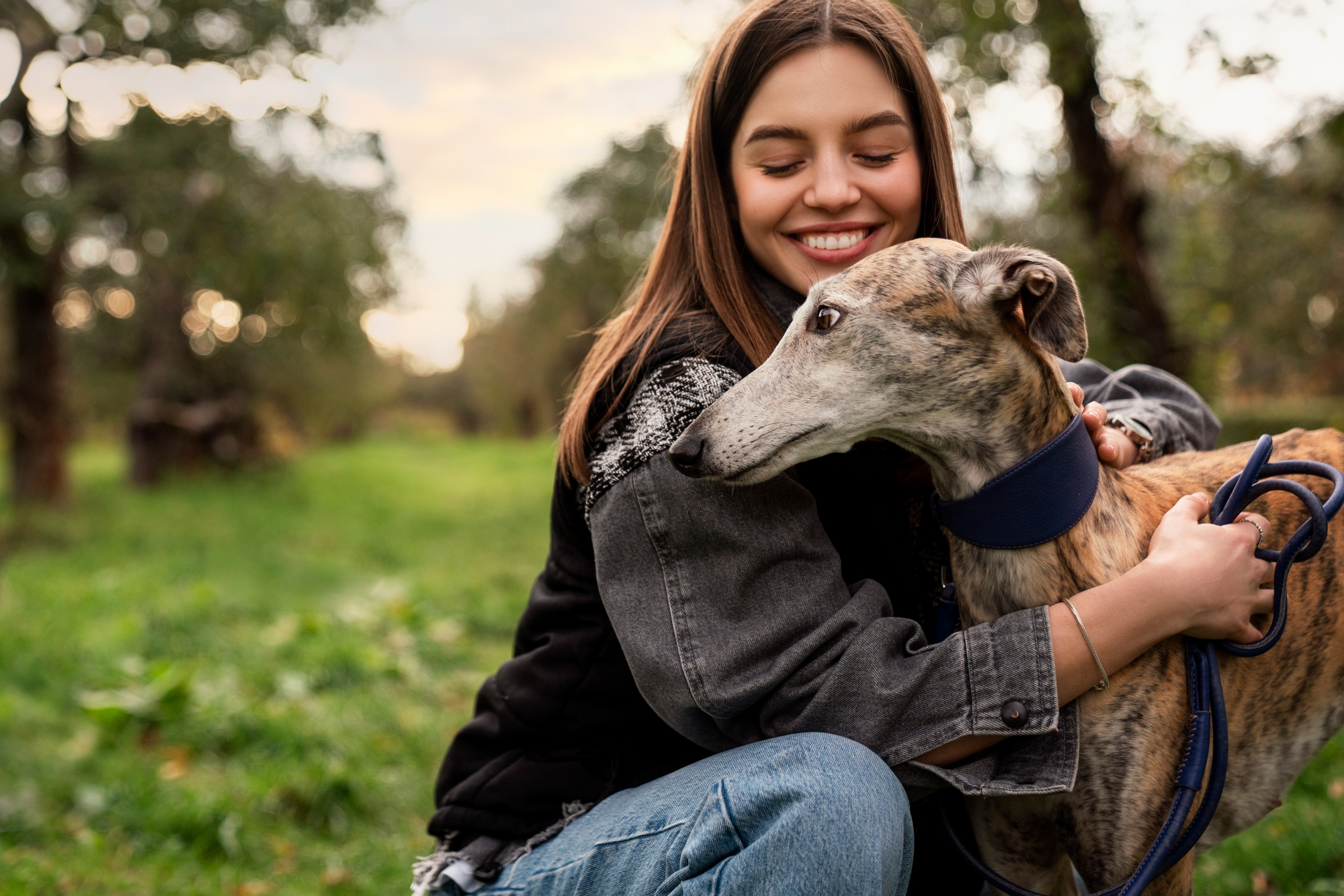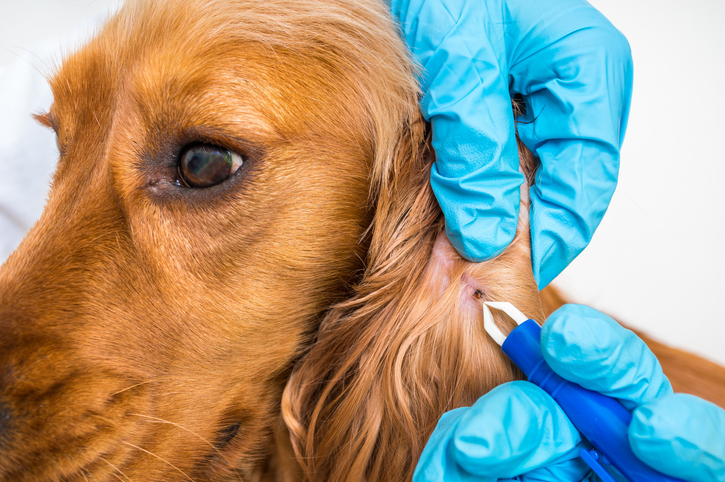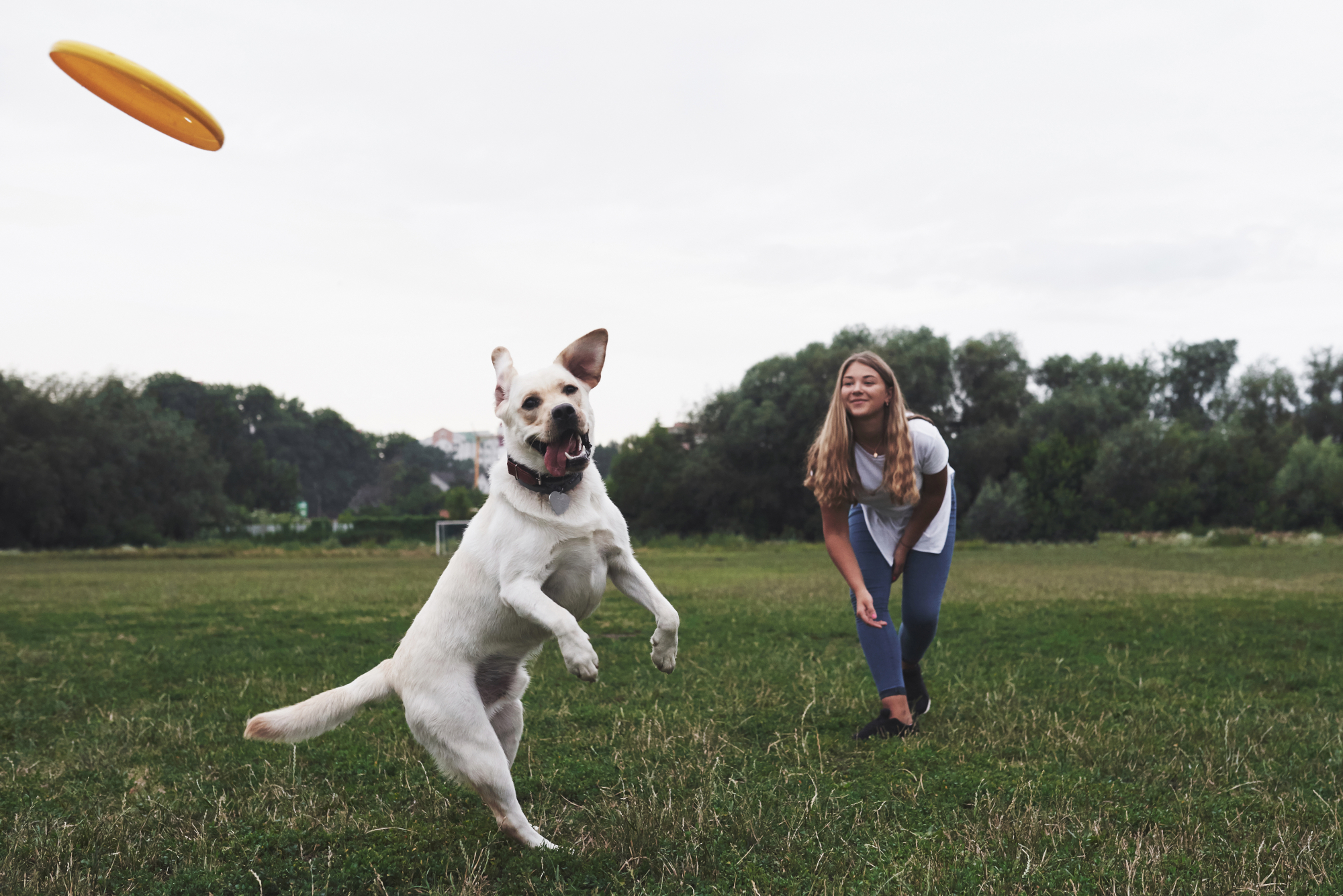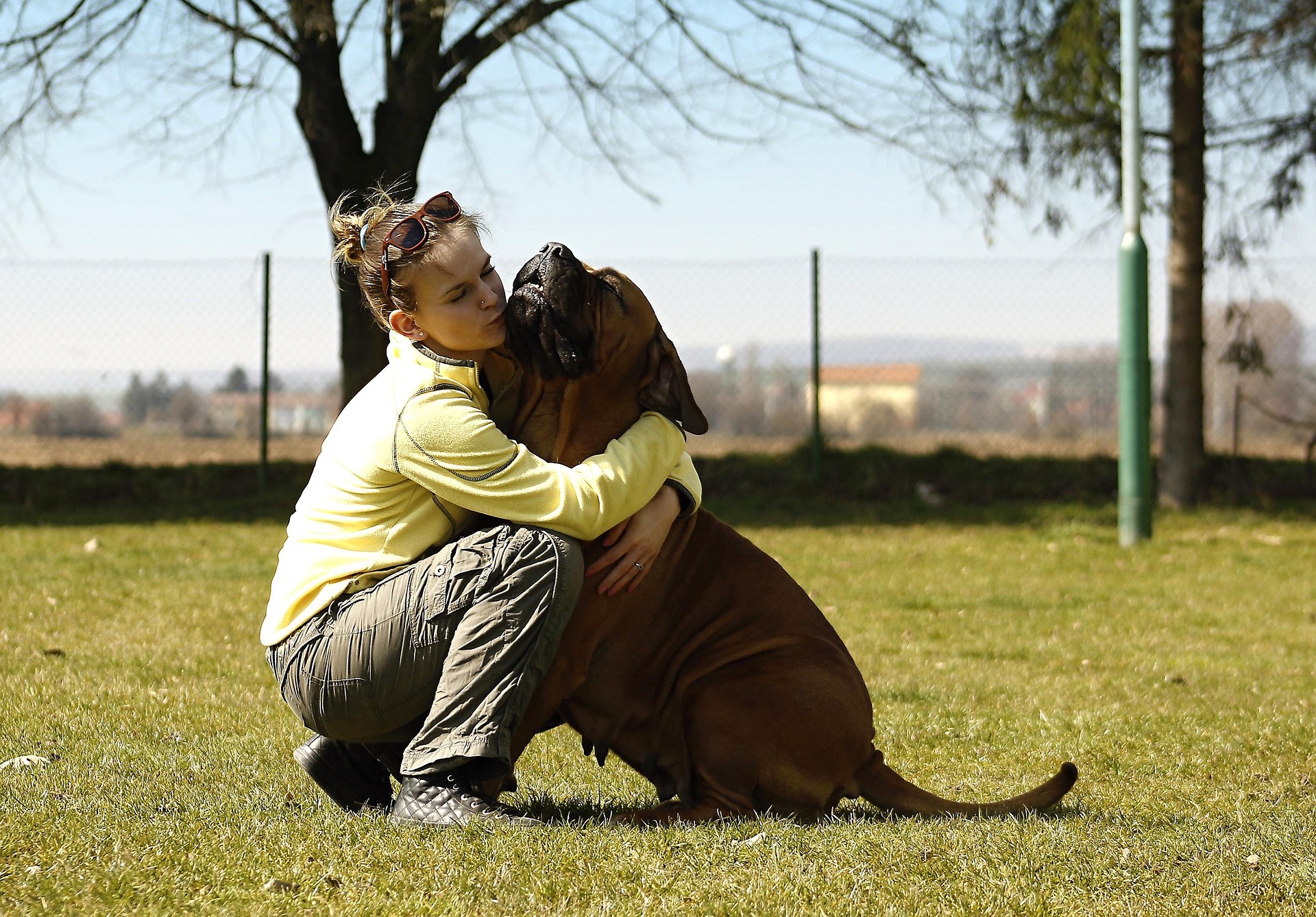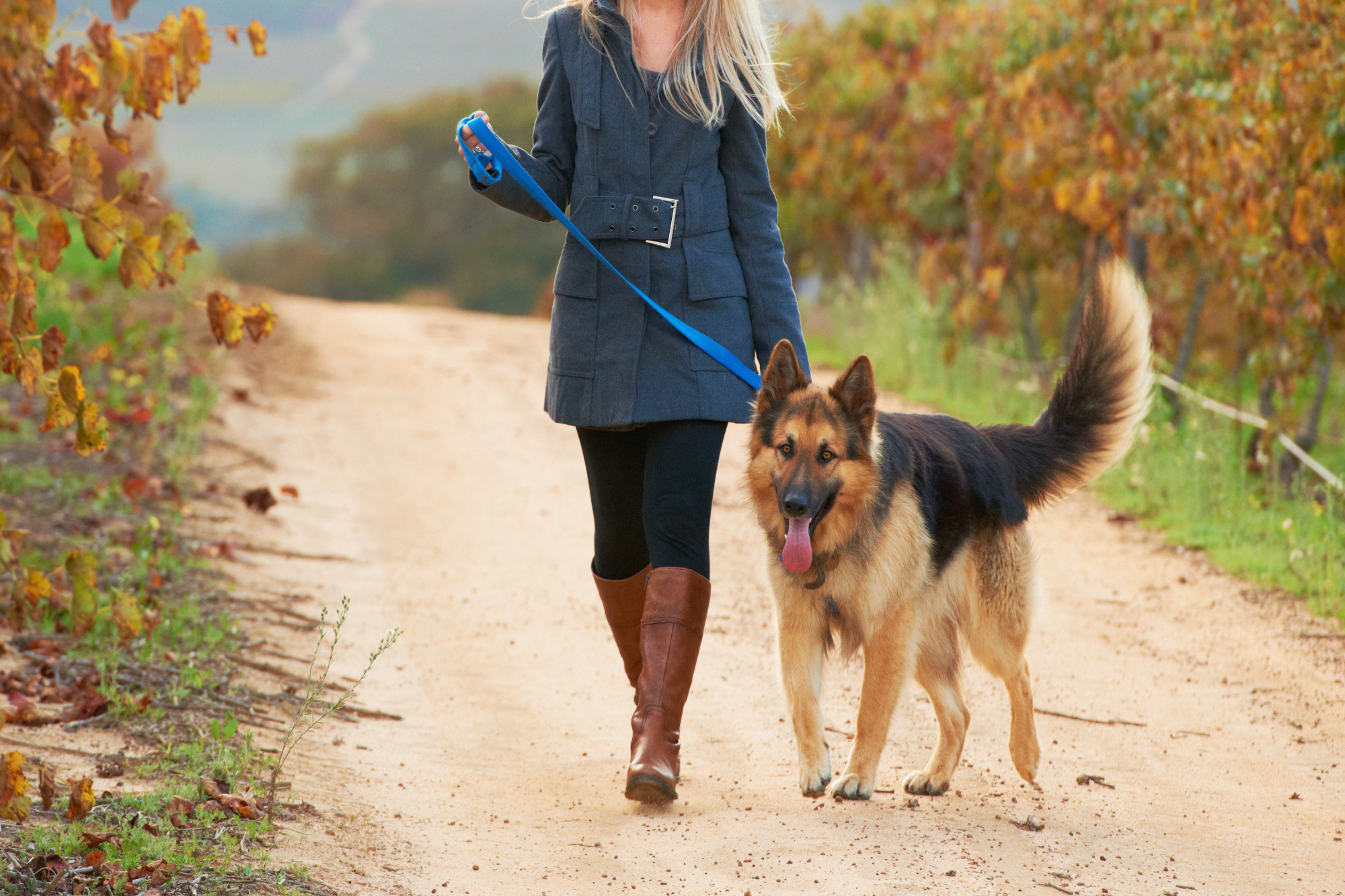If your dog is entering their senior years, you’ve probably noticed some changes gradually come about. Perhaps they have a little less energy for long walks and extended games of fetch. Maybe they seem to need a bit more rest throughout the day. Perhaps they don’t eat quite as much as they used to. These changes are to be expected, but they’re only one small part of the changes that occur in senior dogs.
In this guide, we’ll look at some of the top things your vet needs to be looking for when they see your senior dog, along with explaining why a proactive approach to these concerns is so important.
1. Dental Disease
It’s quite common for older dogs to begin to show signs of dental disease. Typical symptoms include consistently bad breath, a build-up of plaque and tartar on the teeth, hesitation or unwillingness to eat, or even something as nonspecific as fatigue. Your veterinarian should be doing a full oral examination of your senior dog every time you visit. This gives them a chance to see how your dog’s teeth are doing, and gives you the opportunity to take more preventive steps to ensure your dog is healthy.
Dental disease in senior dogs can range from unpleasant to outright hazardous for your furry friend. Left untreated, dental issues can progress to gingivitis, tooth loss, ongoing soreness in the mouth, tooth decay, or periodontal disease. Your vet will be able to catch these issues much sooner than you can, and will provide recommendations for products and routines to help your older pup’s dental health.
2. Weight Changes
If your dog has sudden or drastic changes in their weight, it’s definitely something your veterinarian should be paying attention to. Weighing dogs is one of the first steps in any vet examination, and your vet should be referencing their current weight against the last one on record.
Why are weight changes so important to note? There are a number of potential causes for major weight changes in senior dogs. If your senior dog is losing a lot of weight, it could be because of:
- Reduced appetite
- Poor digestion of food
- Poor nutrient absorption due to issues with the organs
- Reduced muscle mass due to aging
- Dehydration
- Heart disease
- Kidney disease
- Cancer
- Diabetes
- Chronic pain caused by arthritis
On the other hand, some senior dogs will gain weight and even become obese as they get older. This can be due to a number of reasons, including:
- Decreased exercise without changing eating habits
- Diabetes
- Slowed metabolism due to aging
- Changing nutritional needs
Your veterinarian will evaluate your senior dog’s weight, try to pinpoint potential causes, and make suggestions for adapting their diet and exercise habits to help them reach a healthier weight.
3. Major Changes to Habits and Behaviours
As we live with dogs, we tend to get to know their usual quirks and habits. You should take note of any major changes in their behaviour and pass them onto your veterinarian—it could provide valuable insight that they otherwise wouldn’t have.
For example, if you notice your dog hesitates or seems unwilling to go up stairs, it might be an early sign of pain caused by arthritis. If your dog seems to need a lot more rest than normal, it might be a symptom of illness or chronic pain. Perhaps your dog seems to get confused from time to time, doing their business inside the house or even getting confounded as they try to get around obstacles. This can be a sign of a loss of cognitive ability.
If you notice anything out of the ordinary with your senior dog, it’s best to bring the information to your veterinarian. They’ll combine what you’ve told them with their exam findings to help create a more complete picture of your dog’s health.
4. Nutrition
Through saliva, hair, and blood analysis, your veterinarian should be able to get a sense of your senior dog’s nutritional needs. They can tell if your dog is missing any certain nutrients in their diet, whether due to decreased absorption or simply because of changing dietary needs. It’s common for veterinarians to recommend special food and treats designed for senior dogs, but they’ll first need to identify any nutritional concerns in your dog. Be sure that your vet is keeping tabs on your dog’s nutrition with each visit.
5. Organ Dysfunction
Urine, fecal, and blood testing and analysis are essential parts of a senior dog vet exam. These give your vet the chance to see how your dog’s vital organs are performing. This is done through blood cell counts, which can indicate problems with organs and immune function. Vets also use special protein and enzyme testing to see how efficiently various organs are working, possibly getting a proactive look at issues like kidney or liver disease before they become more pronounced.
6. Problems Found Through Imaging
Senior dogs sometimes face complex health issues that can only be detected via special medical imaging. Experienced veterinarians use medical imaging like X-rays or ultrasound to detect all manner of internal problems, including:
- Bladder stones
- Cancerous and benign tumours
- Heart disease
- Respiratory issues
- Arthritis
- Liver disease
Your vet won’t always recommend imaging at every senior health check; however, if your pet is sick or has a chronic health issue, imaging can help your veterinarian determine the best treatment plan.
Having a senior pet comes with its share of challenges, but it’s also a labour of love. There’s something beautiful about caring for a loving animal as it grows up and grows old, and your furry friend is looking to you to help it stay safe, healthy, and comfortable—even in its senior years.
Creative Commons Attribution: Permission is granted to repost this article in its entirety with credit to Hastings Veterinary Hospital and a clickable link back to this page.

